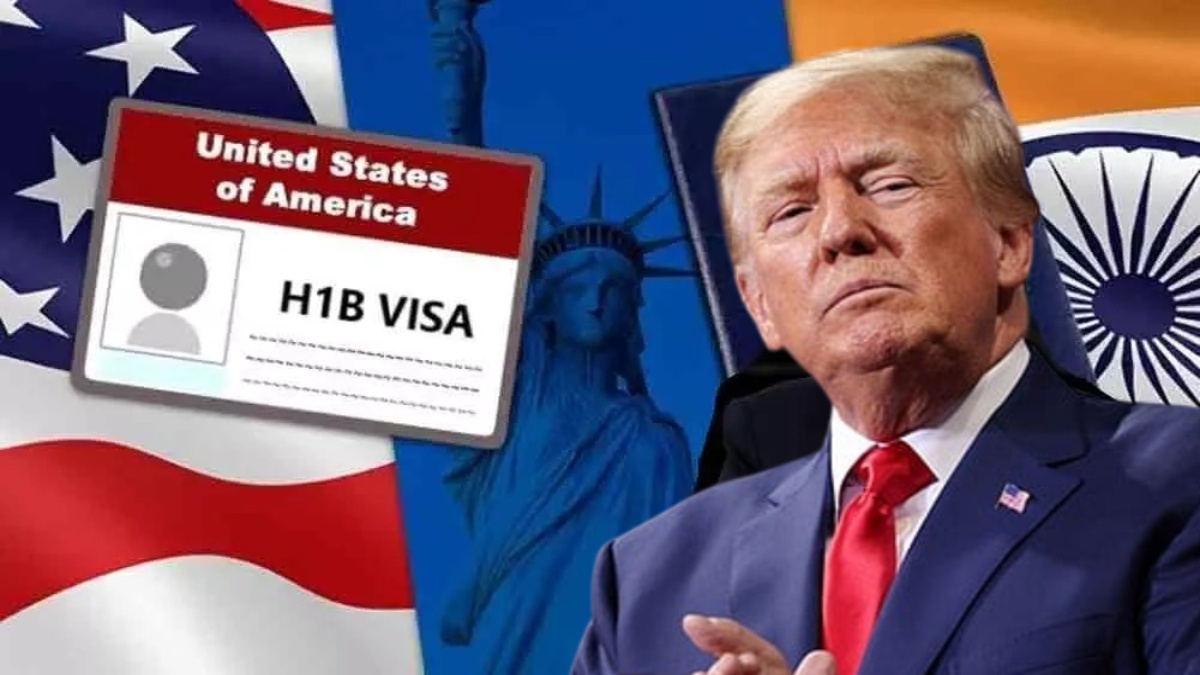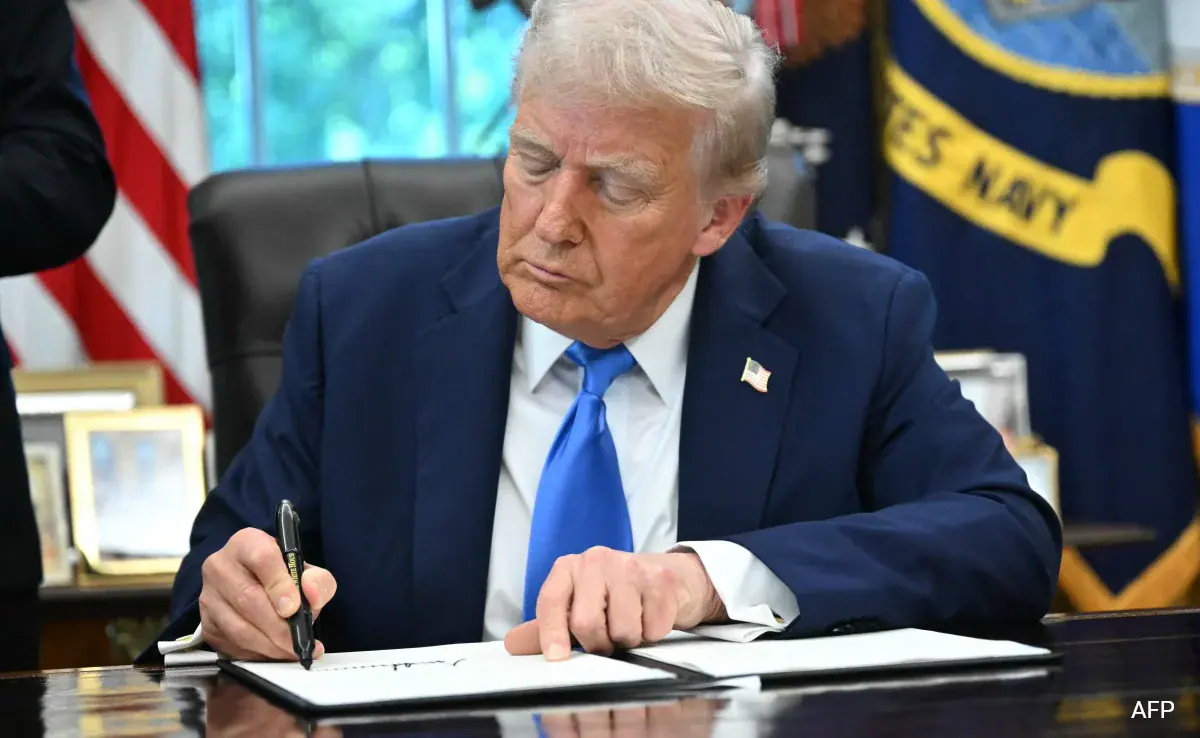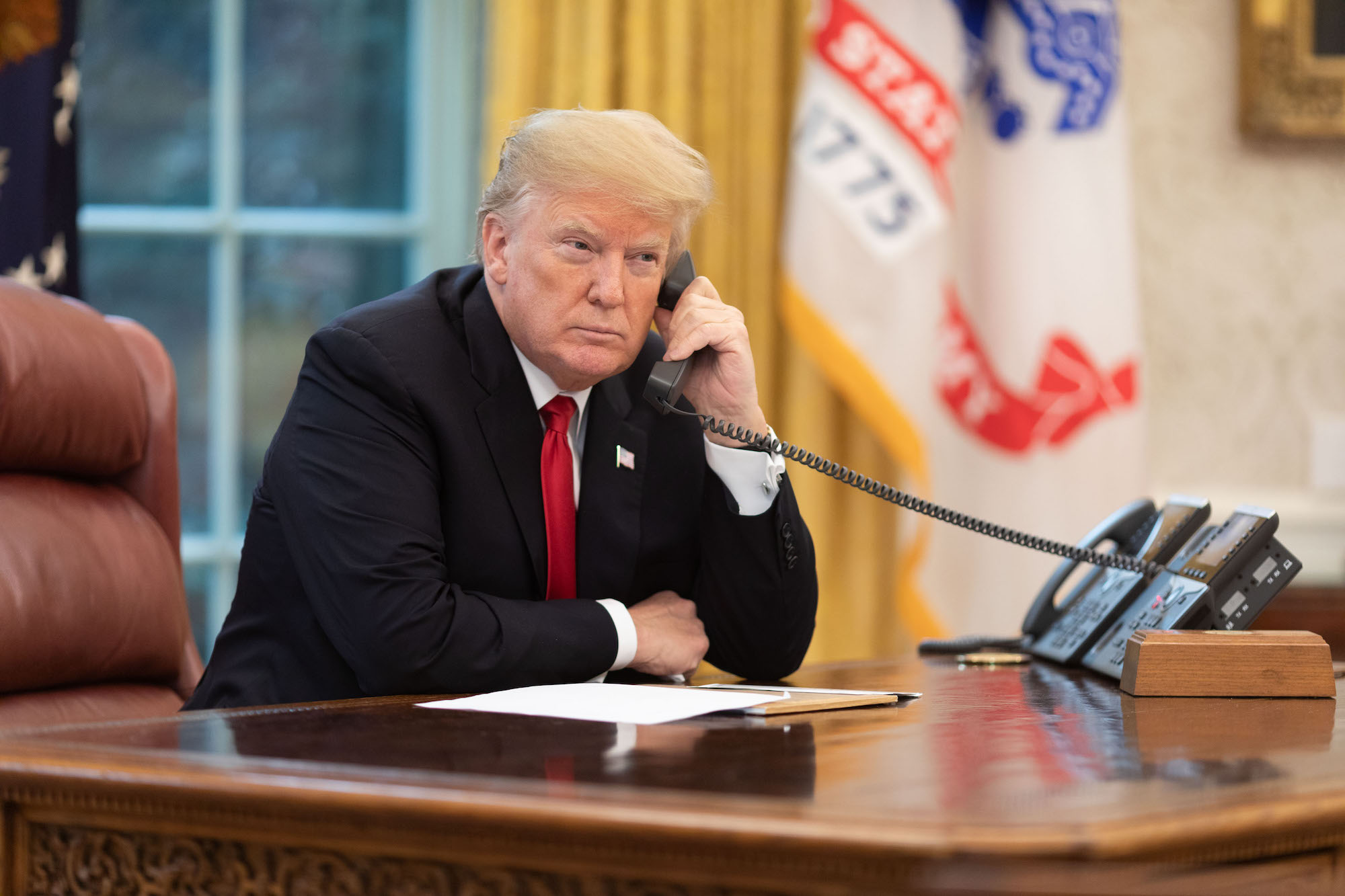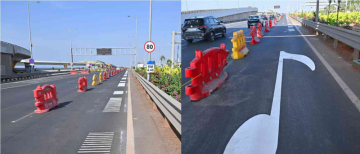The recent decision by the Trump administration to end the automatic renewal of work permits for migrants in the United States is causing significant concern among migrant workers, particularly those from India. This change, which took effect starting October 30, 2025, marks a major shift in U.S. immigration policies and has wide-reaching implications for many individuals and families.

Earlier, migrants holding Employment Authorization Documents (EADs) could receive automatic extensions of their work permits if they applied for renewal before their current permits expired. This meant that most workers could continue their jobs seamlessly while waiting for their renewal approval, which often took several months. The new rule means that from October 30, 2025, migrants will no longer get this automatic extension. Instead, each renewal application must undergo a fresh screening and vetting process, which may take time and could even delay work authorization.
The U.S. Department of Homeland Security (DHS) says the move is aimed at strengthening national security and ensuring thorough background checks for foreign workers. By requiring fresh vetting each time someone applies for renewal, the government hopes to prevent fraud and identify potential security risks more effectively. However, critics argue that this may lead to delays and job insecurity for many workers, especially for those who rely on continuous work permits to stay employed in the U.S.
India has been the largest beneficiary of the U.S. work visa programs, particularly the H-1B visa, which permits highly skilled workers to work in the country. About 71% of approved H-1B visas in 2024 went to Indian nationals. Many Indian professionals are employed in technology, engineering, and other specialized fields, and they often wait years for green cards while working under work permits that need renewal.

Because of the new policy, these workers now face the risk of losing their legal right to work if their renewal isn’t approved on time. Previously, they could wait out the renewal process without losing their job; now, they must apply early, sometimes up to 180 days before their current permits expire, to avoid gaps in employment. If their renewal is delayed, workers might face unpaid leave, job loss, or legal complications.
While the U.S. government emphasizes security concerns, many experts and migrant advocacy groups see this as a move that may disrupt lives and careers. It could create additional stress and uncertainty for workers and their families. The policy also reflects the larger trend of tightening immigration controls, which has been seen in recent actions like increasing visa fees and reducing refugee admissions.
This policy change highlights the ongoing debate about immigration policies in the U.S. and their impact on skilled foreign workers. For Indian professionals, especially those on H-1B and related visas, it underscores the importance of early renewal applications and careful planning to maintain legal work status.

In conclusion, while the U.S. government aims to enhance security, several experts warn that such policies could inadvertently hinder international talent movement and economic contributions from skilled migrants. The full impact will unfold over the coming months as workers and employers navigate these new rules.
With inputs from agencies
Image Source: Multiple agencies
© Copyright 2025. All Rights Reserved. Powered by Vygr Media.

























